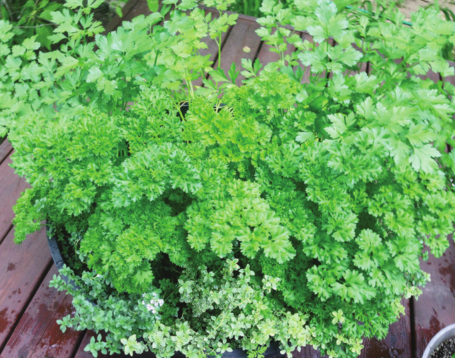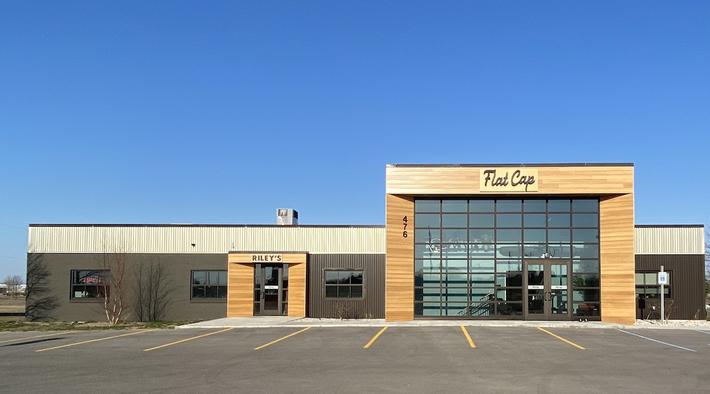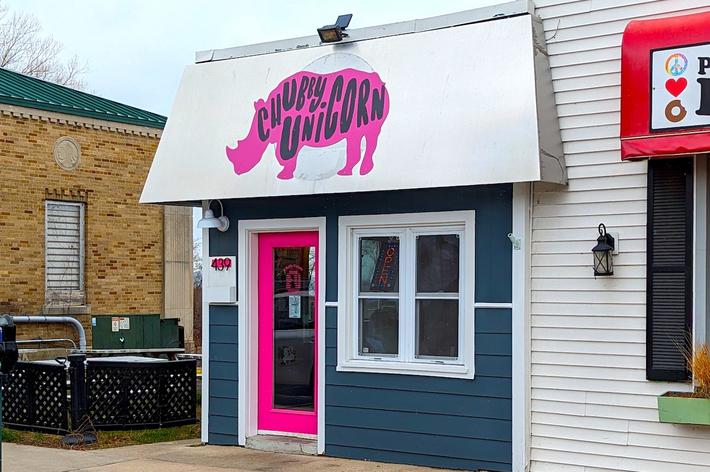How to Get Started
April 19, 2015

If you’re new to the gardening game, it’s easy to get overwhelmed. Perennials vs. annuals. Sun vs. shade. Plants vs. moles, rabbits, disease.
Two experts – Dee Shuker of Northwoods Hardware, Home & Garden in Glen Arbor and Karen Blewett, member of Alpine Master Gardener Club in Gaylord – offer some suggestions.
Determine if your chosen gardening area is sunny, shaded or a mix. Then read the labels on the plants.
"All the distributors do a very good job of labeling the products for shade or sun," says Blewett.
Then it comes down to your soil. "If you are going to plant in the yard, first you should get a soil sample," says Blewett. Soil sampling kits are readily available through MSU Extension, at stores or online.
This testing will determine the type of fertilizer to use.
"Once you determine the soil’s acidity, PH and nutrients, you can decide if it needs more or less nitrogen, phosphorus and/or potassium," says Shuker.
She says it’s important to remember that your best chance for a healthy, beautiful perennial or vegetable garden starts with the right soil conditions.
"You can amend your existing soil by adding fresh top soil, compost and manure. If you are doing container gardening or raised beds, many bagged soils on the market have fertilizer, nutrients and minerals already in them," she says.
With Michigan’s unpredictable weather, it’s difficult to determine when it’s safe to plant. Shuker says it’s typically safe to plant in April for cool season vegetables and in May, after the danger of frost, for warm season vegetables.
One way to avoid these weather-related challenges is to eschew planting in the ground altogether. Blewett says container gardening is an excellent way to learn what plants you like and how to grow them.
"There are lots of good soil-less mixes," she says. It’s also easy to cover or move containers if there’s a danger of frost and, depending on their size, you can even move them around to take advantage of the sun.
Shuker says the easiest plants to grow are the ones that require the least amount of water and maintenance, and that will grow in soil conditions that are not ideal. Some examples are succulents, sedums, lavender and ornamental grasses. All prefer hot, dry conditions and need little attention or deadheading.
Blewett recommends petunias, geraniums and pansies. They all offer great variety in colors, shapes and scents. "You don’t have to deadhead the supertunias," she says.
"Tomatoes are fairly easy. Cherry tomatoes are good in containers," she continues. She also suggests herbs like chives, parsley and basil. "Have them close to the house so you’ll use them," she says.
Trending

Springtime Jazz with NMC
Award-winning vibraphonist Jim Cooper has been playing the vibraphone for over 45 years and has performed with jazz artist... Read More >>
Dark Skies and Bright Stars
You may know Emmet County is home to Headlands International Dark Sky Park, where uninterrupted Lake Michigan shoreline is... Read More >>
Community Impact Market
No need to drive through the orange barrels this weekend: Many of your favorite businesses from Traverse City’s majo... Read More >>


